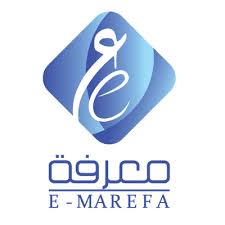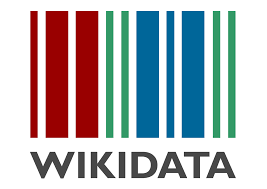Enhancing Learning through Continuous Assessment: Teacher Perspectives on Motivation and Engagement in Libyan Preparatory Schools
DOI:
https://doi.org/10.36602/faj.2025.n19.06Keywords:
Continuous Assessment, Motivation, Engagement, , Preparatory SchoolsAbstract
This study investigates the influence of continuous assessment on student motivation and engagement among preparatory school students in Misurata, Libya. Using a questionnaire administered to 30 English teachers from 6 public schools, the research explores teachers' perceptions of continuous assessment practices, their impact on students, and the challenges and benefits associated with its implementation. The findings reveal that continuous assessment significantly enhances student motivation and engagement, with 93.3% of teachers reporting positive effects on motivation and 96.7% noting improved engagement. Regular feedback and opportunities for improvement are identified as key drivers of these outcomes. However, the implementation of continuous assessment faces challenges, including increased teacher workload (83.3%), limited resources, and a lack of training. Teachers primarily rely on homework assignments and written feedback, indicating a need for greater diversity in assessment methods. The study concludes that continuous assessment has the potential to transform learning experiences in Libyan preparatory schools, provided that teachers receive adequate training, resources, and support. Recommendations include providing teacher training, reducing workload, diversifying assessment methods, improving feedback quality, and allocating resources to support implementation. This study contributes to the growing body of literature on continuous assessment and offers practical insights for educators and policymakers in Libya and similar contexts.
References
Abdelaty, A. (2023). The role of formative assessment in improving student outcomes in Libyan primary schools. Journal of Educational Development, 11(2), 55–67.
Ali, M. (2023). University students’ perceptions of continuous graded assessment and its impact on academic achievement and motivation. International Journal of Educational Research, 102, 134–142. https://doi.org/10.1016/j.ijer.2023.102134
Black, P., & Wiliam, D. (1998). Assessment and classroom learning. Assessment in Education: Principles, Policy & Practice, 5(1), 7–74. https://doi.org/10.1080/0969595980050102 DOI: https://doi.org/10.1080/0969595980050102
Deci, E. L., & Ryan, R. M. (1985). Intrinsic motivation and self-determination in human behavior. Springer. https://doi.org/10.1007/978-1-4899-2271-7 DOI: https://doi.org/10.1007/978-1-4899-2271-7
Dweck, C. S. (2006). Mindset: The new psychology of success. Random House.
Foster, L. (2024). The impact of formative assessment on student achievement and self-regulation: A meta-analysis. Educational Measurement Quarterly, 38(1), 21–38.
Harmer, J. (2007). The practice of English language teaching (4th ed.). Pearson Longman.
Ismail, M., Rahman, A. R. A., & Ali, N. (2022). Formative assessment and its influence on EFL learners’ academic motivation and self-regulation. Journal of Language Teaching and Research, 13(4), 753–761. https://doi.org/10.17507/jltr.1304.18 DOI: https://doi.org/10.17507/jltr.1304.18
Jiménez-Rosado, A., González, A. F., & Guerrero, E. P. (2022). Continuous assessment in higher education: Student perceptions in technology programs. Education and Information Technologies, 27(3), 3401–3417. https://doi.org/10.1007/s10639-021-10705-8
Khursheed, M., & Alwi, N. H. M. (2023). Enhancing intrinsic motivation in secondary schools through formative assessment strategies. International Journal of Educational Psychology, 12(1), 44–60.
Muho, A., & Taraj, K. (2022). The role of formative assessment in motivating EFL learners: An Albanian perspective. European Journal of English Language and Literature Studies, 10(2), 25–38. DOI: https://doi.org/10.18488/61.v10i1.2842
Rodríguez Rincón, P., Martínez, A., & Gómez, S. (2024). Formative assessment and student well-being: A reflective model in practice. Assessment Matters, 17(1), 59–77.
Published
How to Cite
Issue
Section
License
Copyright (c) 2025 Mohamed Asghair

This work is licensed under a Creative Commons Attribution 4.0 International License.
All articles published from January 2025 onward are licensed under the Creative Commons Attribution 4.0 International License (CC BY 4.0), which permits use, sharing, adaptation, and redistribution for any purpose, including commercial ones, provided that proper credit is given to the original author and source, a link to the license is provided, and any changes made are indicated.













